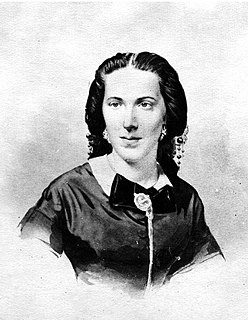A Quote by Guillermo Cabrera Infante
I describe my works as books, but my publishers in Spain, in the United States, and elsewhere insist on calling them novels.
Related Quotes
The point about sales is relevant because it suggests there are cultures out there that are supporting and consuming, on a vast scale, challenging works of literature. Works of literature that in the United States would sell only a few thousand copies, if they managed to find a publisher at all. The success of these texts in Spain or Italy or wherever contributes to a kind of national conversation that we're perhaps not having here in the U.S.
Some time ago a publisher told me that there are four kinds of books that seldom, if ever, lose money in the United States--first,murder stories; secondly, novels in which the heroine is forcibly overcome by the hero; thirdly, volumes on spiritualism, occultism and other such claptrap, and fourthly, books on Lincoln.
The current publishing scene is extremely good for the big, popular books. They sell them brilliantly, market them and all that. It is not good for the little books. And really valuable books have been allowed to go out of print. In the old days, the publishers knew that these difficult books, the books that appeal only to a minority, were very productive in the long run. Because they're probably the books that will be read in the next generation.
In the Islamic world, the U.S. is seen in two quite different ways. One view recognizes what an extraordinary country the U.S. is. Every Arab or Muslim that I know is tremendously interested in the United States. Many of them send their children here for education. Many of them come here for vacations. They do business here or get their training here. The other view is of the official United States, the United States of armies and interventions.




































